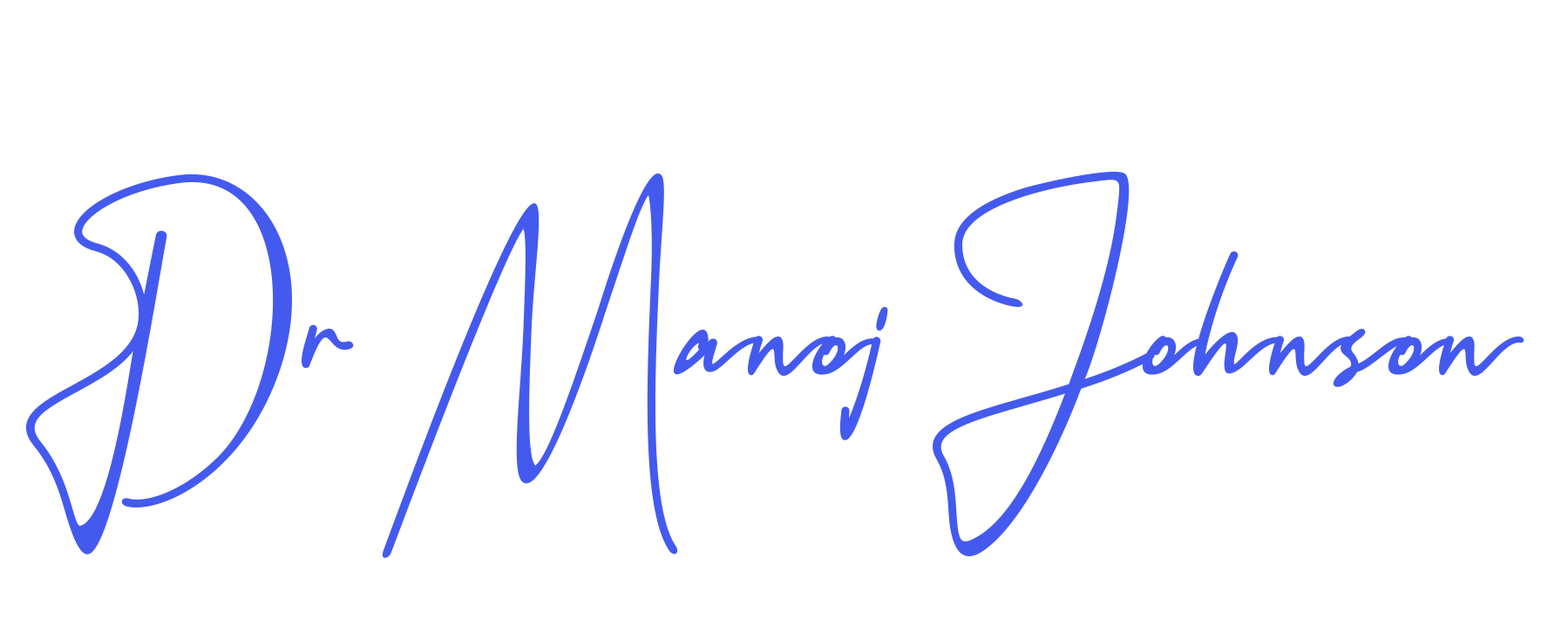
Psychological Counselling
Psychological Counselling focus on:
Healthy aspects and strengths of clients (whether being seen as individuals, couples, families, groups or organisations
Environmental/situational influences (how cultural, gender and lifestyle issues shape people’s experiences and concerns).
Issues of diversity and social justice.
The role of career and work in peoples’ lives.
Problems Addressed
- School and career/work adjustment concerns.
- Making decisions about career and work, and dealing with school‐work‐retirement transitions.
- Relationship difficulties‐including marital and family difficulties.
- Learning and skill deficits.
- Stress management and coping with negative life events.
- Organizational problems
- Dealing with and adjusting to physical disabilities, disease or injury.Personal/social adjustment.
- The development of one’s identity.Persistent difficulties with relating to other people in general.
- Mental disorders.
Skills & Procedures Utilised
The procedures and techniques used within psychological counselling include, but are not limited to:
- Individual, family and group counselling and psychotherapy.
- Crisis intervention, disaster and trauma management
- Assessment techniques for the diagnosis of psychological disorders.
- Programs/workshops that educate and inform the public about mental health, school, family, relationship and workplace issues so that problems can be prevent-ed before they start or reduced before they get worse.
- Consulting with organisations.
- Program evaluation and treatment outcome (e.g., client progress).
- Training.Clinical supervision.Test construction and validation.
- Research methodologies for scientific investigations.

